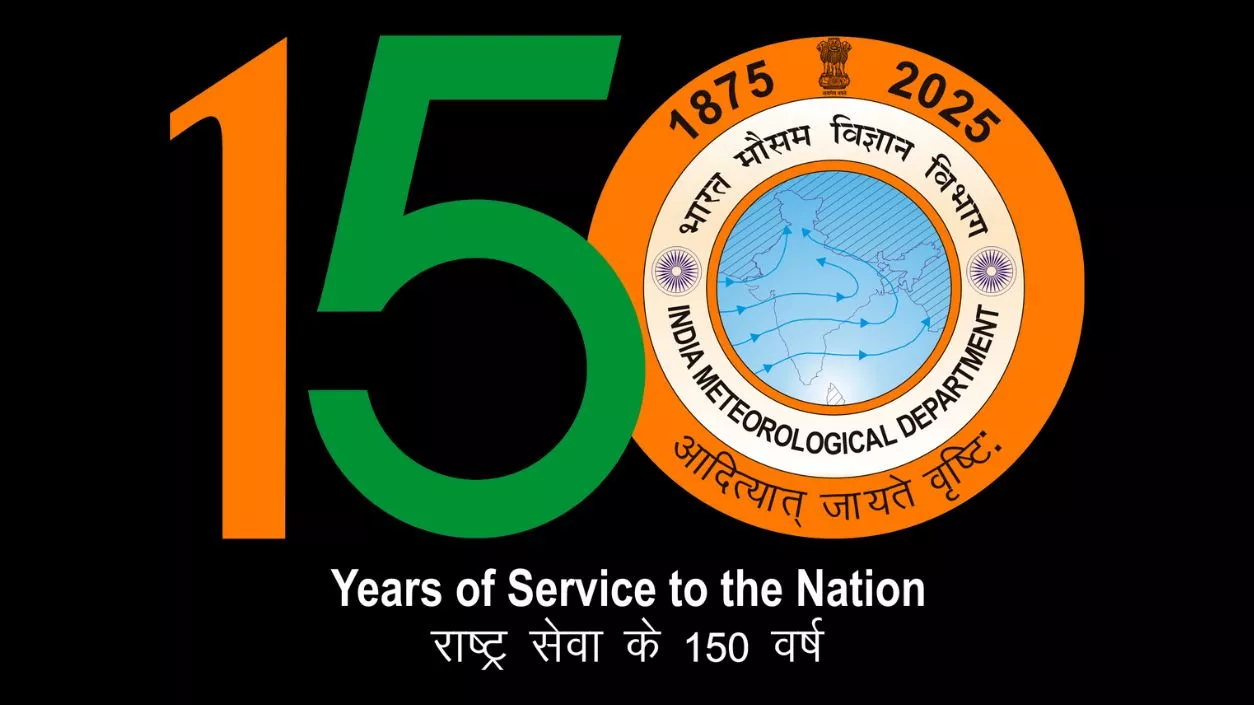.gif)
.gif)

Bangladesh has officially confirmed that it will not attend the 150th-anniversary celebrations of the India Meteorological Department (IMD) scheduled for January 2025. Mominul Islam, the acting director of the Bangladesh Meteorological Department (BMD), stated that Bangladesh had received an invitation from the IMD one month ago but would not be participating due to restrictions on non-essential foreign travel at government expense. Islam emphasized that despite this, Bangladesh continues its collaboration with the IMD through regular communication and professional exchanges.
The IMD was established in 1875 during British colonial rule, following catastrophic weather events such as the 1864 Kolkata cyclone and subsequent monsoon-related disasters in 1866 and 1871. These events highlighted the need for a dedicated meteorological body to forecast and track weather patterns. The IMD’s role expanded to include weather forecasting, scientific research, and regional cooperation in disaster management. Initially based in Kolkata, the IMD moved to Shimla in 1905, Pune in 1928, and finally to Delhi in 1944.
As part of its 150th-anniversary celebrations, the IMD invited several countries that were part of undivided India at the time of its formation, including Pakistan, Afghanistan, Myanmar, Bhutan, Nepal, Sri Lanka, and the Maldives, along with nations from the Middle East and Southeast Asia. While Pakistan confirmed its participation, Bangladesh did not formally respond to the invitation and chose to decline attendance based on the travel restrictions imposed by the government.
The IMD has contributed significantly to the development of meteorological technology and services, including introducing India’s first message-switching computer for global data exchange and pioneering research in weather prediction. In addition, the IMD developed one of the earliest electronic computers for meteorological research and launched India’s first geostationary satellite, INSAT, in 1983 for continuous weather monitoring and early warning systems for cyclones. These innovations have played a critical role in improving weather forecasts, mitigating the impact of natural disasters, and ensuring regional safety.
Despite Bangladesh’s decision not to attend the anniversary event, the BMD and IMD maintain an active and ongoing collaboration. Islam’s recent visit to India on December 20, 2024, to meet with Indian meteorologists underscores the continued engagement between the two departments. This cooperation includes joint efforts in weather forecasting, data exchange, disaster response strategies, and the use of technology for regional weather monitoring and early warning systems to address the challenges posed by extreme weather events in South Asia.